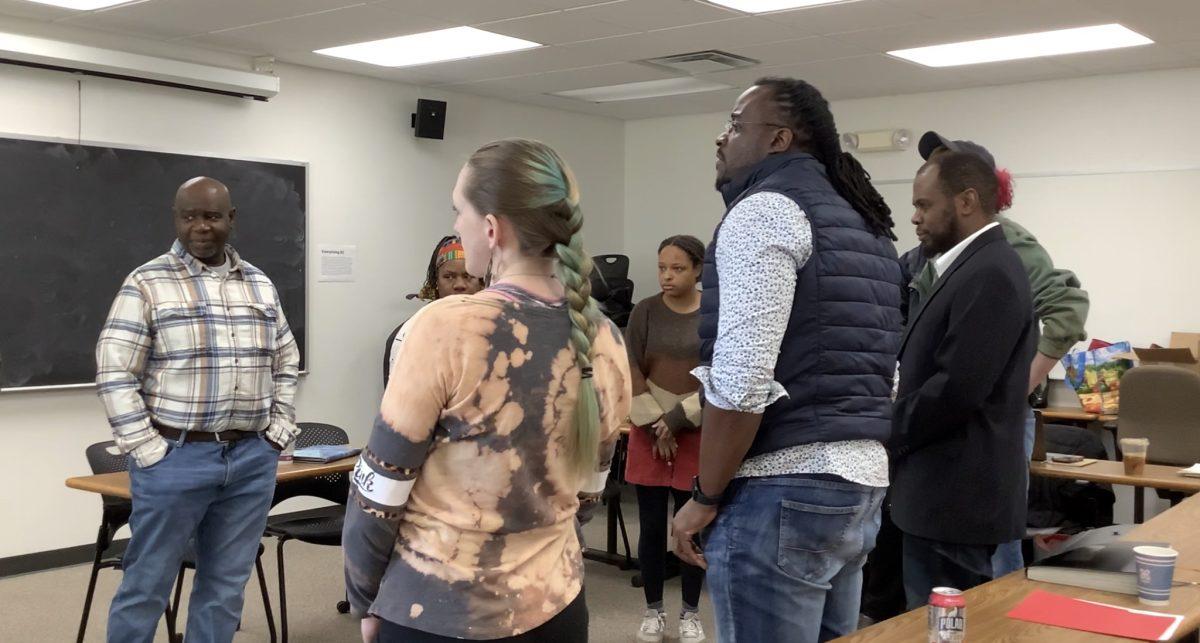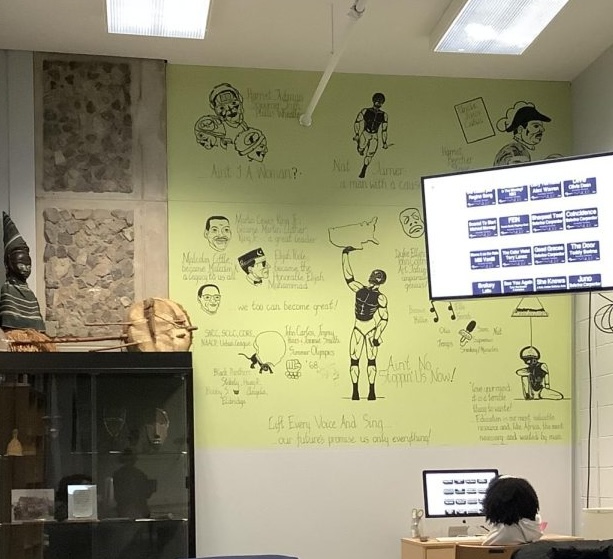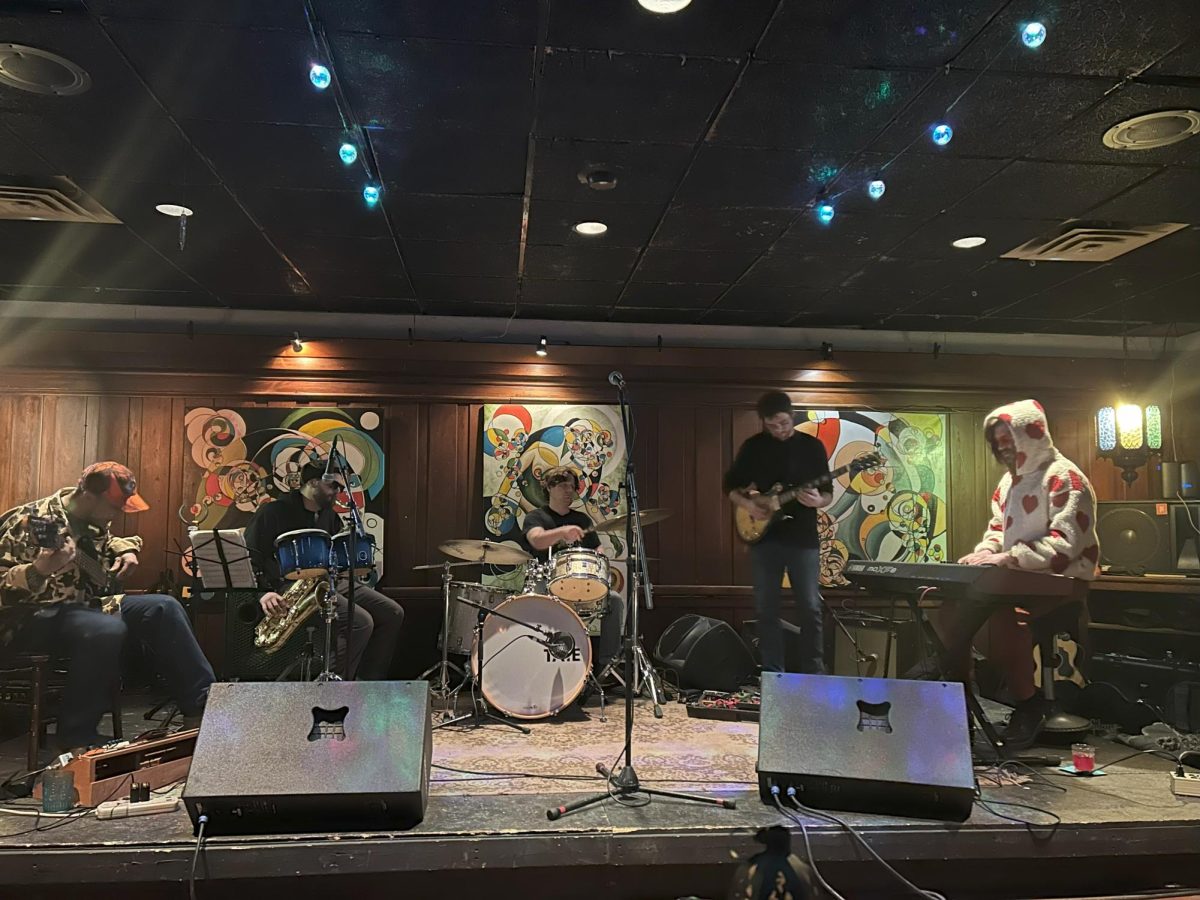Kanchana Ugbabe, who was forced to leave her country of residence because of violence, has always thought of herself as a writer.

“I think women have always had this sharing of stories, and I do this through my writing,” Ugbabe explained.
But it was not until 2011 that her first book, Soulmates, a collection of short stories, was published.
On Oct. 4 at Buffalo Street Books in Ithaca, Ugbabe gave a presentation about her life and her book. She read “Blessing in Disguise,” one of the short stories in Soulmates. She also recounted, to the audience of over 20 listeners, stories about living in the tumultuous Nigerian city of Jos.
Ugbabe is originally from Chennai, India but moved to Jos, Nigeria with her Nigerian husband in the 1980s. She began working there as an academic teaching English.
In Jos, Ugbabe said that she felt her journey as a professional writer began.
“In many ways, I was trying to sort my own self through my writing, sort out my ideas, my insecurities, my cultural groupings in a new place.”
This experience of observing the people, particularly women, and dynamics in this new place with a new culture, dealing with religious conflict, is what inspired the stories in her book.

“I’ve been very concerned and very interested in the way African women have come into their own over the years,” said Ugbabe, now a writer-in-residence at Fordham University. “I wrote about women in Nigeria as I saw them — as I perceived life. They are quite a force.”
Jos is located in central Nigeria. A Muslim majority lives north of the city while a predominately Christian population lives south of it. Starting in 2001 the region where Ugbabe and her family lived experienced violent religious conflict.
“I never thought of leaving the country because I knew that all my fellow writers, my colleagues, our neighbors, everyone experienced what I was going through,” said Ugbabe.
She stuck with this principle and remained in Jos until 2015 when the dispute intensified and Ugbabe was targeted. The opposing groups began kidnapping foreigners. She observed the environment around her and used her writing as an outlet.
One of the most difficult yet inspiring aspects of living in Nigeria, explained Ugbabe, was trying to establish herself “as an insider but being constantly exiled to the outside because of cultural alienation and the differences” that she encountered.
It was Ugbabe’s stories of navigating these dynamics, both in her life and in her writing, that brought her to Ithaca. She was invited for Ithaca City of Asylum’s 2018 Voices of Freedom event.
Ithaca City of Asylum (ICOA), a community organization, is a project of Cornell’s Center for Transformative Action. ICOA specifically focuses on providing a sanctuary for writers whose lives are threatened and/or work is suppressed.
As Kate Blackwood, ICOA board member, explained, “the most important part of Voices of Freedom is connecting the Ithaca community with a writer at risk. Most often from a very different part of the world than Ithaca.”

Blackwood says the biggest challenge the organization faces is getting people to come out to its events. Despite this, she likes how open the Ithaca community is to the organization’s work.
“Ithaca is kinda of a wonderful bubble of a lot of cultures and a lot of melting pots and a lot of openness to learning about other places,” said Blackwood.
Ugbabe said the openness during her visit was noticeable: “It was a wonderfully receptive audience, friendly faces, everyone was just so welcoming.”











